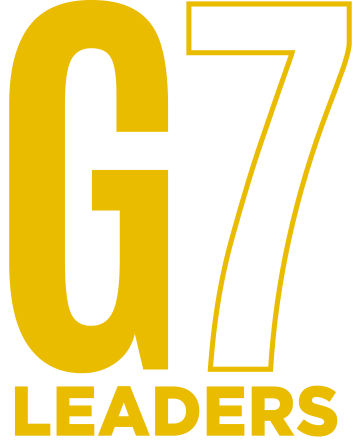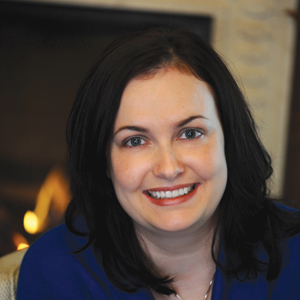editorial


editor-in-chief
Cat Company, Inc.
It has been exactly eight years since we were in France for then G8 Summit in Deauville. At the time, peace and security, internet and green growth, and food security were among the hot topics of the leaders’ agenda. This year’s agenda is ever more ambitious: France wants to use its powerful platform to tackle inequality.
But can the G7, a tiny elite group of nations that represents almost half of the global GDP (46%) actually adequately—and genuinely—tackle inequality? The G7 was initially created in 1975 as a setting within which non-Communist nations could address the numerous economic concerns spurred by the Cold War.
Historically, the G7 has been met with criticism for its failure to include emerging markets in its decision-making. But France’s decision to change the format of the G7 this year, to include African nations and key representatives of civil society, is certainly a bold step in the right direction.
One could argue there are other platforms where inequality can be addressed with a bigger and more inclusive group—the UNGA through the Sustainable Development Goals and even the G20 Summit. Yet, even within these larger groups the impetus has been to bring in the support of the powerful players of the G7 who can also address the perennial issues of inequality—such as poverty, environmental degradation, and more.
Will France’s presidency bring the historic solutions our world needs? It’s best not to look at just the family photo op moment on August 26, as that will not give us the full picture. Historically, the bulk of the work and negotiations happen between Sherpas and representatives year-round. The host is not simply there to throw a big party once a year, but to steer meaningful lasting initiatives all year long. And in that aspect France has already paved the way successfully. One need not look further than the convenings and resolutions France has steered when it comes to tackling gender inequality and plastics pollution—two issues we have covered in this edition. This work, of course, continues with a bigger group at other leadership forums where France is leading, such as the UNGA. We look forward to connecting the dots editorially from the G7 to the UNGA in September. Unitl then, we hope you enjoy reading the selection of articles for this edition and we always welcome your comments and feedback.